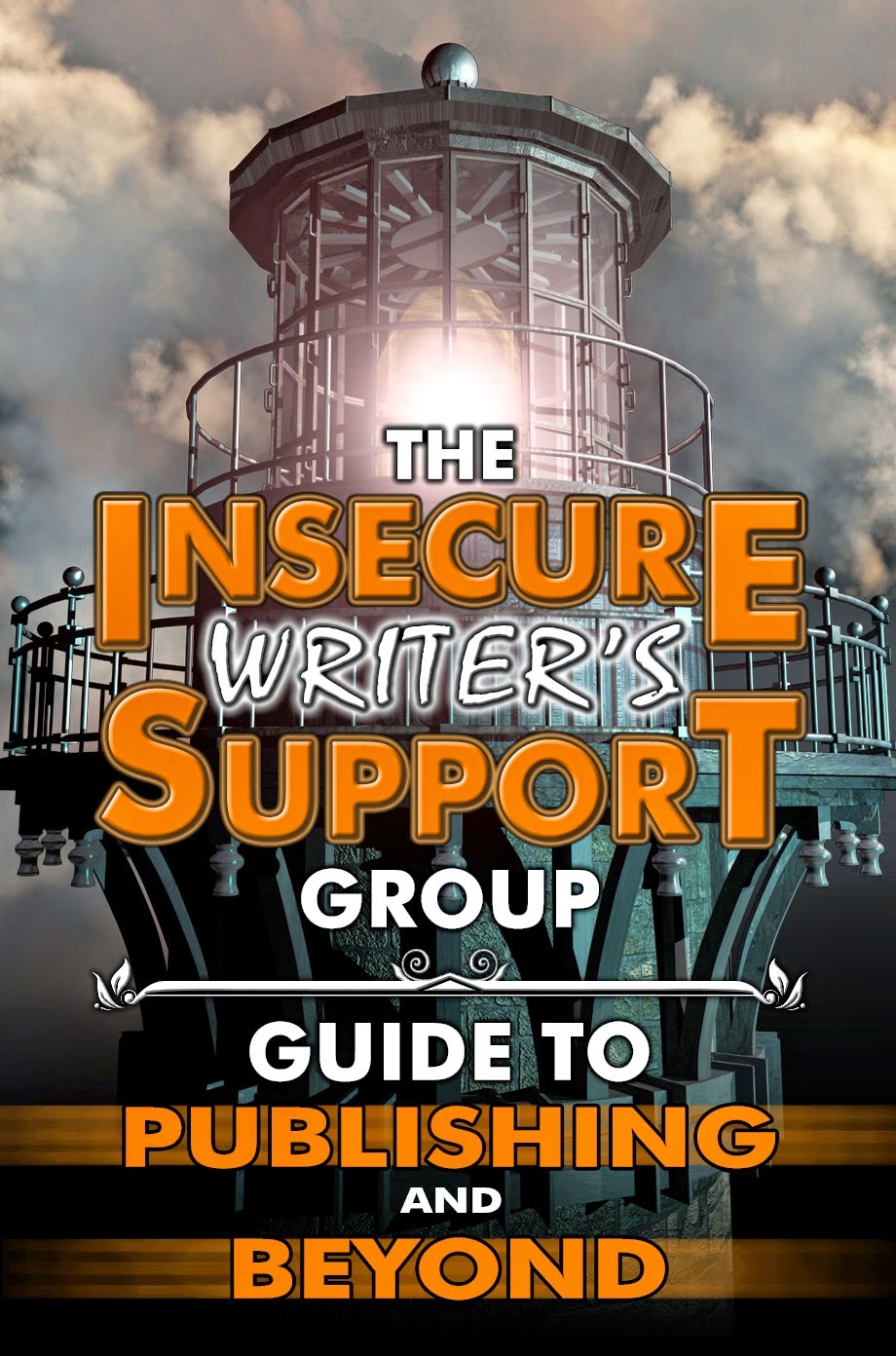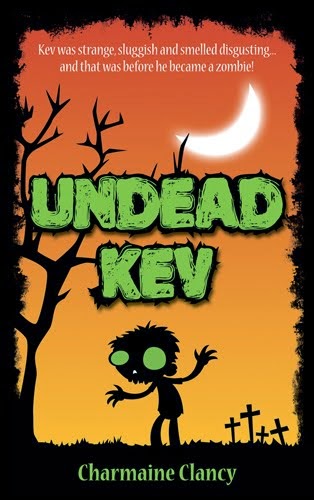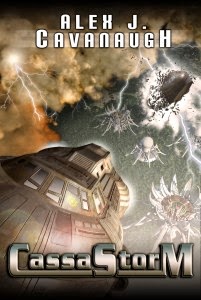More than 2000 years ago Aristotle deconstructed
drama in his Poetics. I only just came
across it (well, the abridged version), but better late than never.
His ideas on what makes a good story boil down to
pity, fear and catharsis, which more or less constitutes beginning, middle and
end.
Greek notions of theatre back in the day weren’t
exactly varied (I believe they only had three television stations—primitive
times) but I think his core ideas still hold true today.










































































































